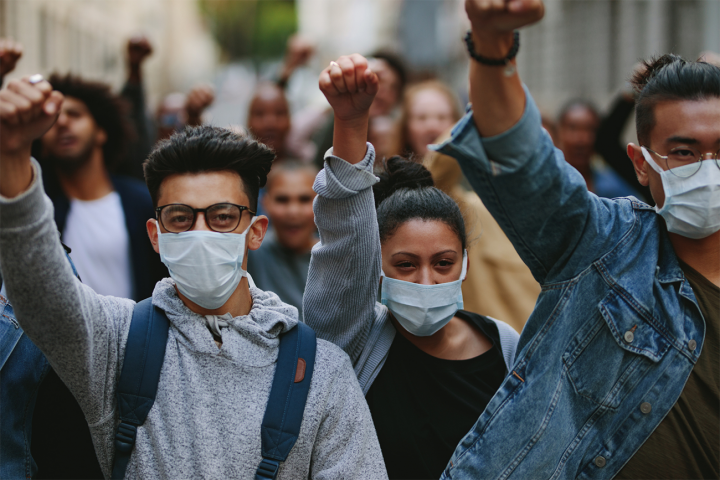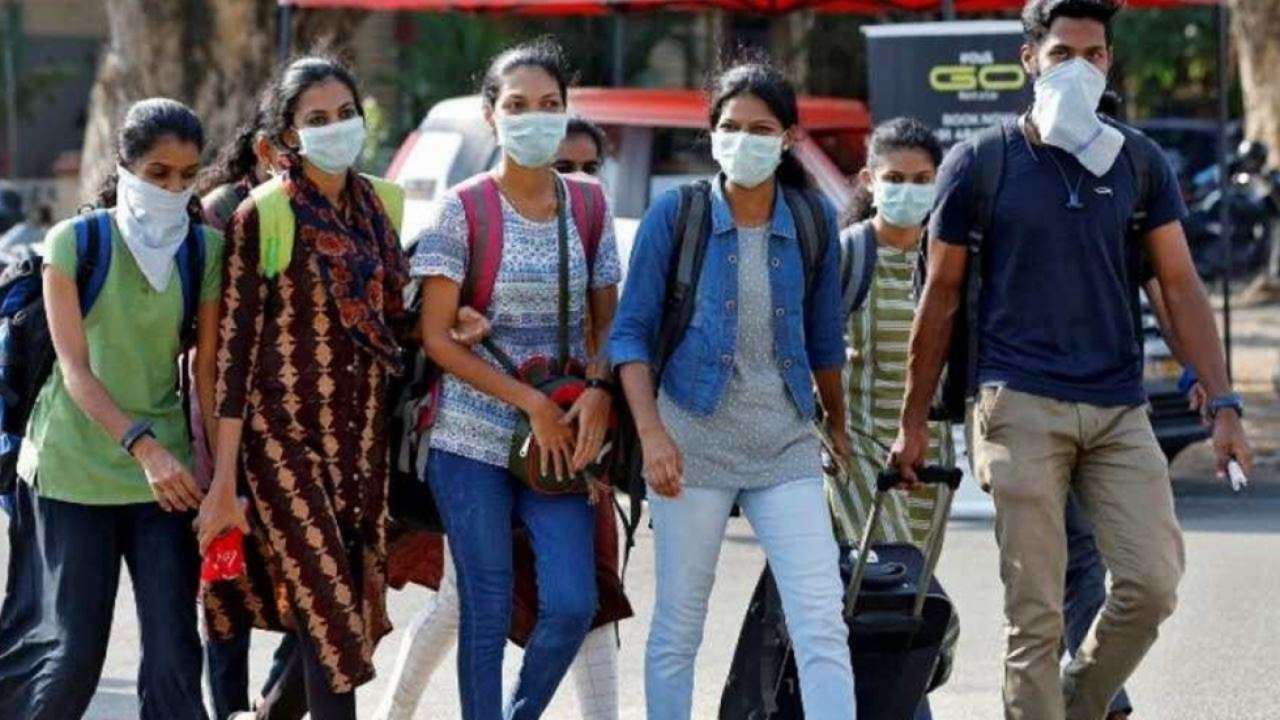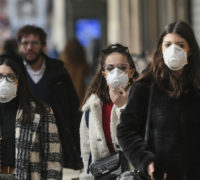In certain regions of the planet, the pandemic might appear as though it’s slowing down. An ever-increasing number of individuals are getting immunized against COVID-19, case counts are dropping, and limitations are lifting. Be that as it may, before you throw away your veil assortment, ponder on wearing masks on a continuous note.

Assurance from the antibody isn’t prompt
As per the U.S. Places for Disease Control and Prevention (CDC), it takes “around fourteen days following each portion of immunization for the body to create antibodies that secure against contamination.”
You are just a short time after your subsequent portion—meanwhile, continue to wear a mask while your body develops its resistance.
No antibody is 100% successful
Albeit the antibodies that were created to battle COVID-19 give a great level of security, they don’t ensure 100%. For example, the mRNA antibodies, for example, those made by Moderna and Pfizer-BioNTech are considered 86% to “95% powerful at forestalling suggestive illness,” separately.
And keeping in mind that those numbers are amazing, it actually leaves space for advancement cases, particularly in older and weak populaces.
Immunizations don’t completely forestall asymptomatic spread
As referenced, the immunizations against COVID-19 have demonstrated profoundly viable at securing against sickness. As indicated by early information, they are additionally very acceptable at forestalling transmission of the contamination.
Notwithstanding, there is as yet the little chance that inoculated individuals can give contamination to the unvaccinated or to the people who have “conditions or drugs stifling their insusceptible frameworks.” If you are in close contact or inside with a weak individual, think about keeping your mask on to secure them.

Not every person can be immunized
Certain individuals, for wellbeing reasons, can’t be immunized. Furthermore, other people who are older, delicate, or with a debilitated insusceptible framework may just get a low degree of security from the antibody. They rely upon others to keep wearing a cover to ensure them until the infection is taken care of.
The greater part of the world isn’t yet immunized
While a few nations like the United Kingdom, Canada, and Israel are arriving at high inoculation rates, different nations scarcely approach the antibodies. Simply more than 24% of the total populace has gotten something like one portion of an antibody for COVID-19. In any case, most dosages have been given out in major league salary nations. Under 1% of “individuals in low-pay nations have gotten something like one portion.”
Contingent upon where you reside, the pandemic might be a long way from being done, and veils might in any case be fundamental. Furthermore, on the off chance that you anticipate making a trip to a nation or region with low degrees of immunization, you might have to keep wearing a veil.
Variations of concern are as yet a worry
The pandemic is consistently moving, as new variations arise all throughout the planet, some becoming variations of concern, which can be more contagious or more harmful.
As indicated by the World Health Organization, as revealed by CNBC, even completely inoculated people ought to “keep on wearing veils and practice other Covid-19 pandemic wellbeing measures as the profoundly infectious delta variation spreads quickly across the globe.”

We have not accomplished crowd insusceptibility yet
Notwithstanding inoculation endeavours, countless new COVID-19 cases are affirmed all around the world every day, making some inquire: Will we at any point accomplish group resistance?
With the rise of new variations, the potential for resistance to ultimately melt away, and social connections getting back to business as usual as limitations are lifted, crowd insusceptibility is appearing to be less and less like a reality. Different layers of insurance, for example, cover wearing, may accordingly still be essential.
It is basically impossible to realize who is completely inoculated
Regardless of whether you are completely immunized, you have no chance of knowing who around you have or has not gotten the punch. It tends to be befuddling and almost difficult to authorize various principles for inoculated and unvaccinated people.
From a populace wellbeing point of view, requesting that everybody keep on wearing a cover at this phase of the pandemic would assist with forestalling an uptick in transmissions as limitations are lifted and social connections are expanded.

You can be reinfected
The people who have contracted COVID-19 have some degree of normal insusceptibility, yet it’s as yet indistinct how long it endures and how powerful it is against the new variations. Significantly more unsure is the number of individuals has been reinfected, however there have been recorded instances of individuals getting the infection more than once. Wearing a veil is one more way of ensuring yourself against conceivable reinfection, particularly as the infection transforms.
We don’t have a clue how long resistance endures
Another obscure is the means by which long invulnerability keeps going after you are completely inoculated. Both mRNA immunizations have been read for resistant capacity and it was tracked down that, following a half year, the “antibody was successful at more than 90%.”
Since it’s still early days and they just concentrated on a six-month time frame, we couldn’t say whether resistance keeps going months or a long time. To guarantee sufficient security, it’s a smart thought to continue to wear your cover until we have more information.

